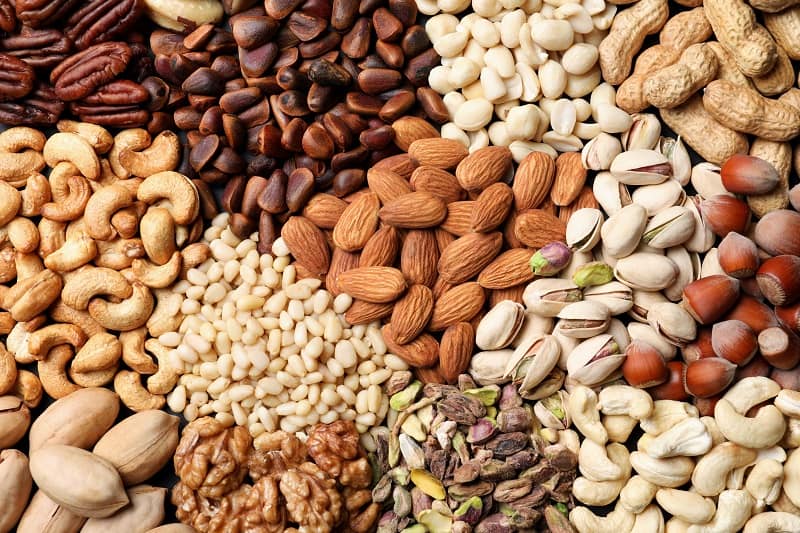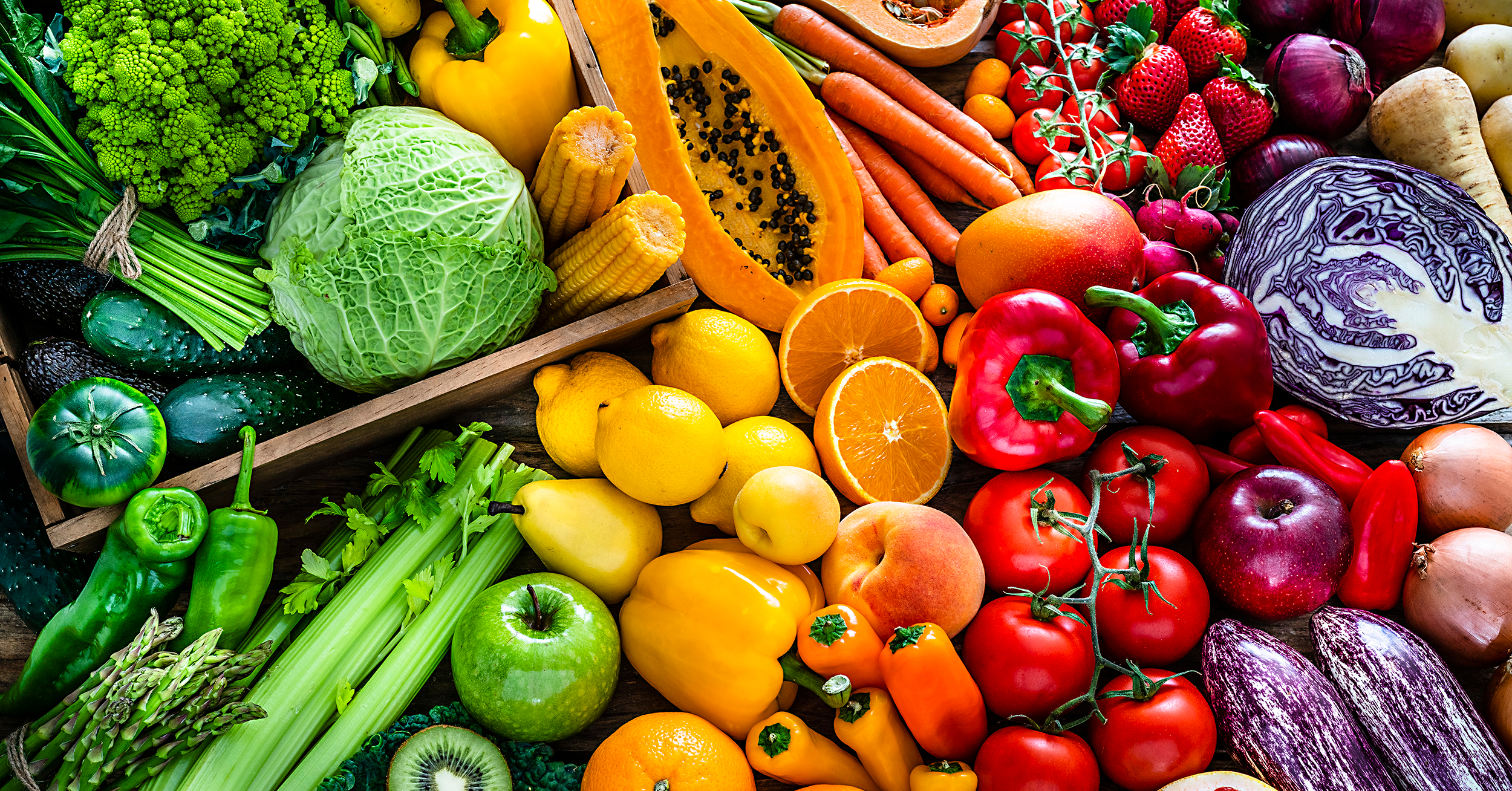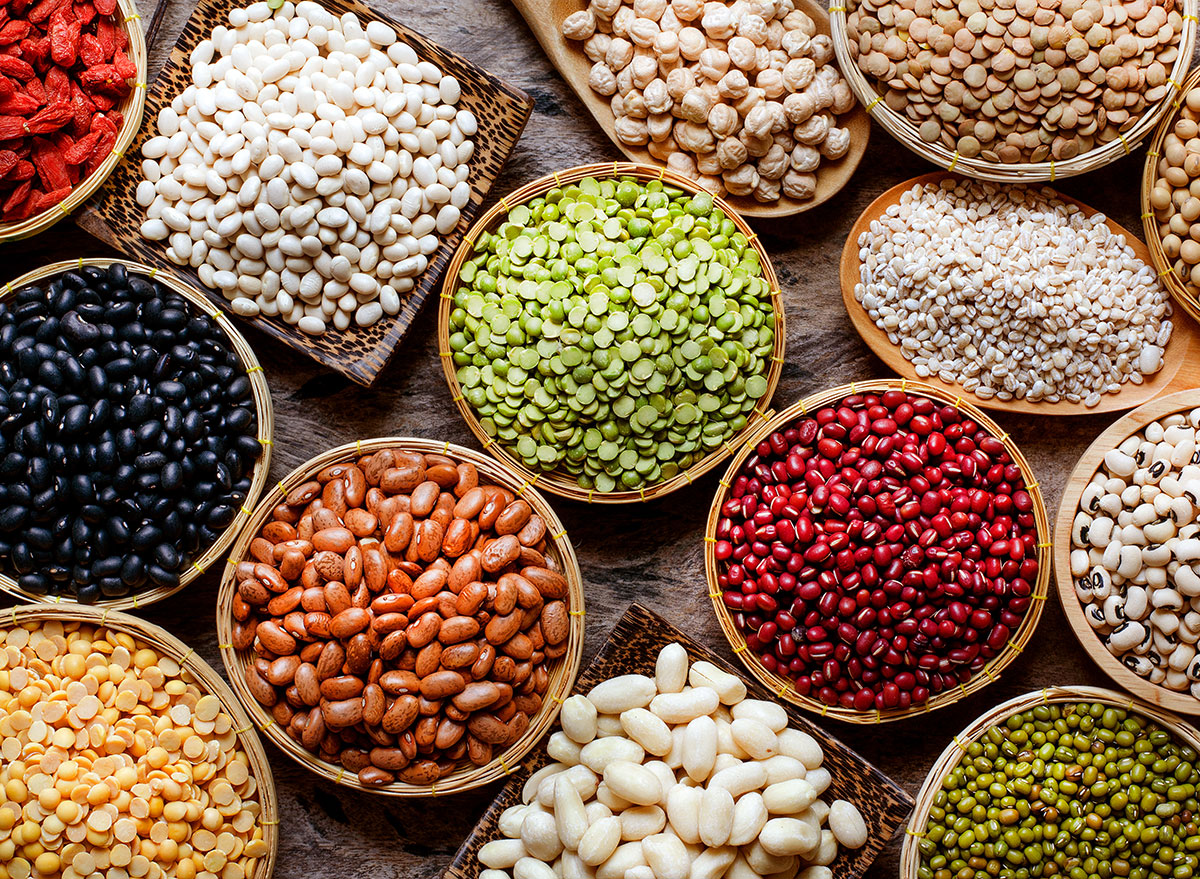
LifeCare Diagnostic
December 08, 2021
This resource uses the latest available evidence to provide information about healthy eating for a healthy brain. It is designed to help all healthy adults aged 18 and above, including:

Experts have found that:
Our brain needs to be fed constantly in order to work well. It affects the health and function of the brain in many ways. This includes:
In turn, these affect our performance, such as:
Therefore, our brain does need a balanced and healthy diet to maintain or achieve optimal brain function.


This diet emphasised 10 specific brain-healthy food choices, focusing on a comprehensive and balanced selection of food:
While limiting consumption of 5 specific foods.
This dietary pattern delivers the following essential elements to feed our body and brain:
Causes:
To Prevent:



Eat for Health. Australian Dietary Guidelines [Internet]. Australia: National Health and Medical Research Council; 2013 Feb [cited 2020 July 31]. Available from: https://www.eatforhealth.gov.au/sites/default/files/content/n55_australian_dietary_guid elines.pdf
Australian Bureau of Statistics. Australia’s leading causes of death, 2018 [Internet]. Australia, Canberra: ABS [updated 2020 July 25; cited 2020 July 31]. Available from: https://www.abs.gov.au/ausstats/abs@.nsf/Lookup/by%20Subject/3303.0~2018~Main %20Features~Australia’s%20leading%20causes%20of%20death,%202018~1
MIND Over Mediterranean: Australian Study Suggests MIND Diet Reduces the Risk of Dementia. Targeted News Service 2019 Mar 07.
Agarwal P, Wang Y, Buchman AS, Holland TM, Bennett DA, Morris MC. MIND Diet Associated with Reduced Incidence and Delayed Progression of Parkinsonism in Old Age. J Nutr Health Aging. 2018 12;22(10):1211-1215.
Morris MC, Tangney CC, Wang Y, Sacks FM, Barnes LL, Bennett DA, et al. MIND diet slows cognitive decline with aging. Alzheimers Dement. 2015 Sep ;11(9):1015-1022.
Morris MC, Tangney CC, Wang Y, Sacks FM, Bennett DA, Aggarwal NT. MIND diet associated with reduced incidence of Alzheimer’s disease. Alzheimers Dement. 2015;11(9):1007-1014.
Pross N. Effects of Dehydration on Brain Functioning: A Life-Span Perspective. Annals of Nutrition and Metabolism. 2017; 70 (1), 30-36.
Wittbrodt MT, Millard-Stafford M. Dehydration Impairs Cognitive Performance: A Meta-analysis. Medicine & Science in Sports & Exercise. 2018; 50(11), 2360–2368.
Fernando Gómez-Pinilla. Brain foods: the effects of nutrients on brain function. 2008; Nature Reviews Neuroscience, 9(7), 568–578.
Linus Pauling Institute. Cognitive Function in Depth [Internet]. Corvallis, Oregon: Oregon State University [cited 2020 Aug 1]. Available from: https://lpi.oregonstate.








Nuts are a source of protein. It also contain antioxidants (vitamin E), healthy fats. Protein is a key nutrient needed to:
1 serve = 30g (walnuts, almonds)




Colourful vegetables (carrot, cabbage etc) are antioxidant-rich plant products. Similar to leafy green products, it helps delay brain ageing and functional decline.
1 serve = 1/2 cup of cooked; 1 cup raw (salad)




Beans are an important source of protein, fibre and B vitamins. It has also found to boost memory and improve concentration.
1 serve = 1 cup canned/ cooked beans or legumes




Berries are rich in Vitamin E and C (antioxidants). It helps:
Protect the brain from the effects of aging.
Supports brain cells communication to promote learning and memory.
1 serve = 1 cup of berries




Fish provide Vitamin D and B2. It is also an excellent source of omega-3, a type of fat that the human body cannot produce. Brain health benefits include emotion regulation (depression) and thinking.
1 serve = around 115g raw fish (salmon/ tuna/ sardines)




Whole grains are pack with B vitamins and good carbohydrates. Important in:
1 serve = 1 slice of bread; 1/2 cup cooked rice / pasta; 2/3 cup cereals




Avoid deep-fried. Poultry is a source of selenium, zinc, copper, B vitamins and iron. Iron participates in the transport of oxygen to the brain. This helps us to better concentrate and learning.
1 serve = 100g uncooked poultry




Olive oil has a strong anti-inflammatory function. It is also named as the “Healthy/ Good Fats”. Studies showed that people who used olive oil for daily cooking have:




The polyphenols found in red wine can help:
Foods that contain large amounts of BAD FATS (saturated fats and trans fats) in high quantity are linked to the development of many other diseases and poor brain health.
It is best to consume only small amounts every week.

Reduced to 4 serves weekly




= 2 scoops / 1 small / 1 slice / 1/30 (60g)

Reduced to 4 serves weekly




= About 90 – 100g uncooked pork/ lamb/ beef

Reduced to only 1 serve weekly

= 2 slices of cheese


Reduced to only 1 serve weekly




= 1 small fries / 3 nuggets / 1 hash brown

Best 1 tablespoon weekly

= 1 tablespoon

Eat for Health. Australian Dietary Guidelines [Internet]. Australia: National Health and Medical Research Council; 2013 Feb [cited 2020 July 31]. Available from: https://www.eatforhealth.gov.au/sites/default/files/content/n55_australian_dietary_guid elines.pdf
Australian Bureau of Statistics. Australia’s leading causes of death, 2018 [Internet]. Australia, Canberra: ABS [updated 2020 July 25; cited 2020 July 31]. Available from: https://www.abs.gov.au/ausstats/abs@.nsf/Lookup/by%20Subject/3303.0~2018~Main %20Features~Australia’s%20leading%20causes%20of%20death,%202018~1
MIND Over Mediterranean: Australian Study Suggests MIND Diet Reduces the Risk of Dementia. Targeted News Service 2019 Mar 07.
Agarwal P, Wang Y, Buchman AS, Holland TM, Bennett DA, Morris MC. MIND Diet Associated with Reduced Incidence and Delayed Progression of Parkinsonism in Old Age. J Nutr Health Aging. 2018 12;22(10):1211-1215.
Morris MC, Tangney CC, Wang Y, Sacks FM, Barnes LL, Bennett DA, et al. MIND diet slows cognitive decline with aging. Alzheimers Dement. 2015 Sep ;11(9):1015-1022.
Morris MC, Tangney CC, Wang Y, Sacks FM, Bennett DA, Aggarwal NT. MIND diet associated with reduced incidence of Alzheimer’s disease. Alzheimers Dement. 2015;11(9):1007-1014.
Pross N. Effects of Dehydration on Brain Functioning: A Life-Span Perspective. Annals of Nutrition and Metabolism. 2017; 70 (1), 30-36.
Wittbrodt MT, Millard-Stafford M. Dehydration Impairs Cognitive Performance: A Meta-analysis. Medicine & Science in Sports & Exercise. 2018; 50(11), 2360–2368.
Fernando Gómez-Pinilla. Brain foods: the effects of nutrients on brain function. 2008; Nature Reviews Neuroscience, 9(7), 568–578.
Linus Pauling Institute. Cognitive Function in Depth [Internet]. Corvallis, Oregon: Oregon State University [cited 2020 Aug 1]. Available from: https://lpi.oregonstate.
Life Care Diagnostic Medical Centre Sdn. Bhd. 200401034597 (673106-V)
Bangsar South
WhatsApp: 0122343610
1st Floor, Wisma Lifecare,
No. 5, Jalan Kerinchi, Bangsar South,
59200 Kuala Lumpur
Cheras South
WhatsApp: 01127213620
19A-2 & 19B-2, Block E, Kompleks Komersil Akasa,
Jalan Akasa, Akasa Cheras Selatan,
43300 Seri Kembangan, Selangor
Operating Hour:
Monday – Friday: 8.00am – 5.00pm
Saturday: 8.00am – 1.00pm
Sunday & Public Holidays: Closed